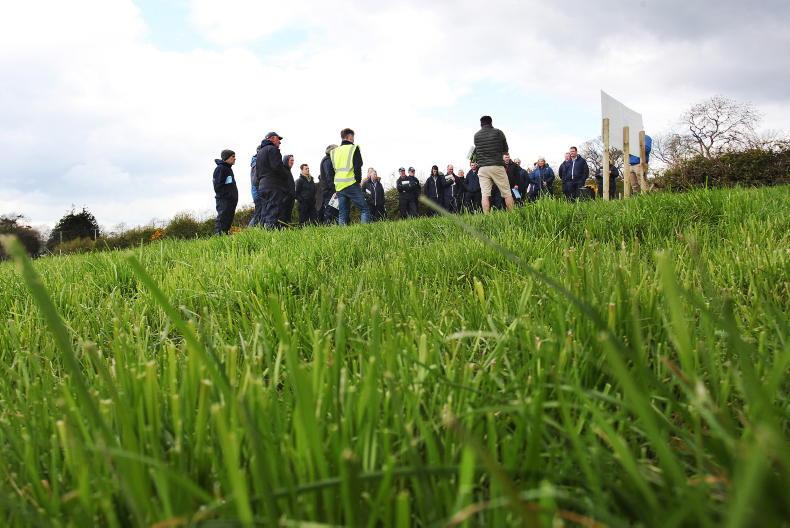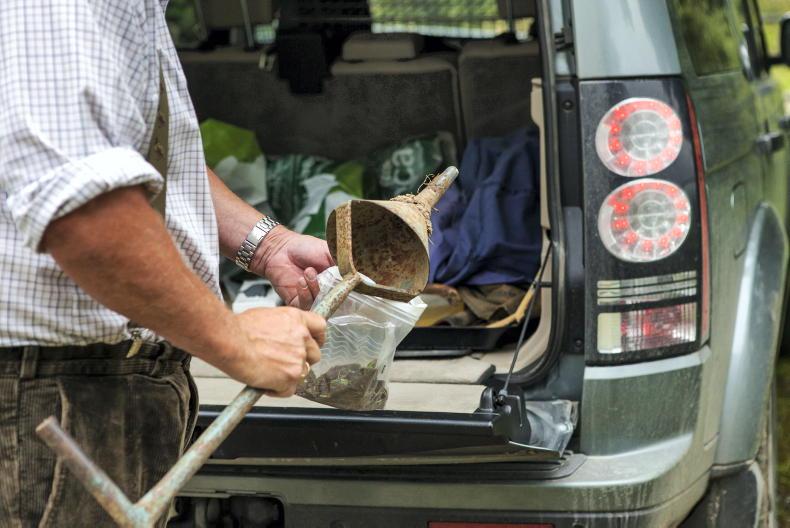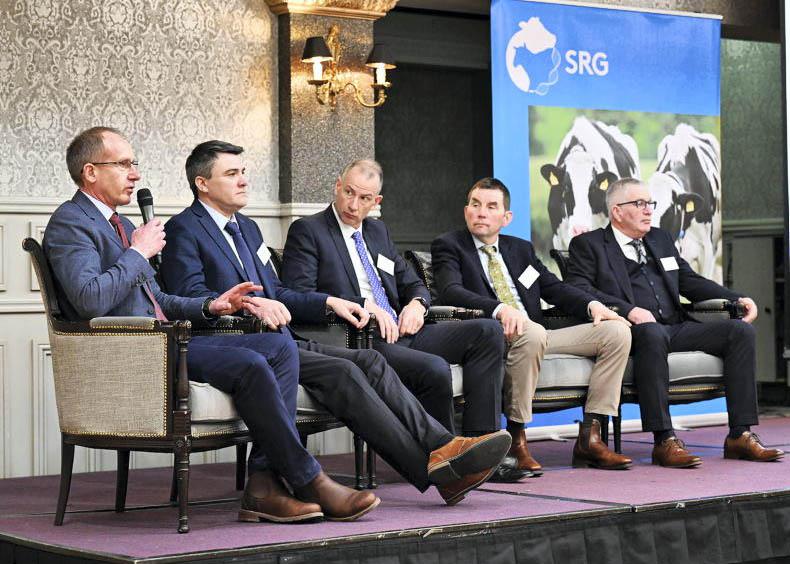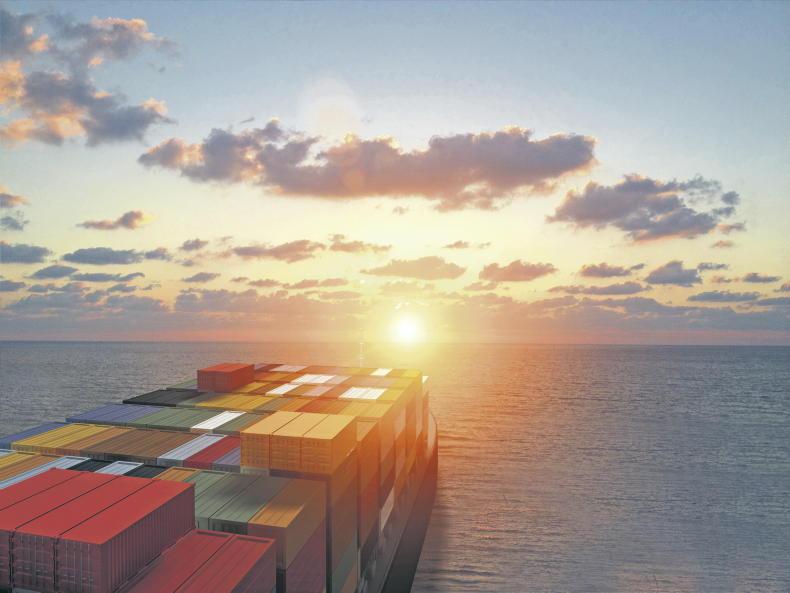As reported in last week’s edition, DAERA has confirmed that farmers will have to take part in carbon audits if they want to get direct payments in the future.
Initially, carbon benchmarking will be rolled out through NI beef and lamb farm quality assurance scheme (FQAS) inspections, before being extended to all farmers. With those in FQAS inspected every 18 months, it will take time to work through the process.
But the direction of travel is clear, with government, retailers, and processors keen to press on with audits, despite valid misgivings from farmers about the amount of information required to complete this task. However, the key issue is not the time it will take to collect data, but whether the final analysis accurately reflects the impact that NI farming has on global warming.
Methane
It is now widely accepted that the 100-year Global Warming Potential (GWP100) metric used in carbon calculators grossly over-estimates the climate impact of a constant source of methane from ruminant livestock.
This is important for NI farming, where under the current system, agriculture accounts for 27% of total greenhouse gas emissions and within that agriculture total, two-thirds is due to methane.
Unlike carbon dioxide from fossil fuel that lasts in the atmosphere for centuries, methane from livestock breaks down in approximately 12 years. Where the national herd is stable, methane from ruminants released today is simply replacing methane released 12 years ago.
In 2018, research led by Professor Myles Allen at the University of Oxford came up with the GWP* metric to accurately represent the warming effect of short-lived greenhouse gases like methane.
There is growing international recognition that GWP* should be utilised, and in Britain the National Farmers’ Union (NFU) has now called for dual accounting by industry and government when reporting emissions from agriculture, using both GWP100 and GWP*.
There is an opportunity for NI to lead the way on this, and report against both metrics.
If we continue to report solely using GWP100 we are only playing into the hands of big polluters happy to see the finger of blame for global warming pointed at farmers.
Read more
Soils trump trees for carbon on Antrim farm
Reality dawns on NI net-zero target
As reported in last week’s edition, DAERA has confirmed that farmers will have to take part in carbon audits if they want to get direct payments in the future.
Initially, carbon benchmarking will be rolled out through NI beef and lamb farm quality assurance scheme (FQAS) inspections, before being extended to all farmers. With those in FQAS inspected every 18 months, it will take time to work through the process.
But the direction of travel is clear, with government, retailers, and processors keen to press on with audits, despite valid misgivings from farmers about the amount of information required to complete this task. However, the key issue is not the time it will take to collect data, but whether the final analysis accurately reflects the impact that NI farming has on global warming.
Methane
It is now widely accepted that the 100-year Global Warming Potential (GWP100) metric used in carbon calculators grossly over-estimates the climate impact of a constant source of methane from ruminant livestock.
This is important for NI farming, where under the current system, agriculture accounts for 27% of total greenhouse gas emissions and within that agriculture total, two-thirds is due to methane.
Unlike carbon dioxide from fossil fuel that lasts in the atmosphere for centuries, methane from livestock breaks down in approximately 12 years. Where the national herd is stable, methane from ruminants released today is simply replacing methane released 12 years ago.
In 2018, research led by Professor Myles Allen at the University of Oxford came up with the GWP* metric to accurately represent the warming effect of short-lived greenhouse gases like methane.
There is growing international recognition that GWP* should be utilised, and in Britain the National Farmers’ Union (NFU) has now called for dual accounting by industry and government when reporting emissions from agriculture, using both GWP100 and GWP*.
There is an opportunity for NI to lead the way on this, and report against both metrics.
If we continue to report solely using GWP100 we are only playing into the hands of big polluters happy to see the finger of blame for global warming pointed at farmers.
Read more
Soils trump trees for carbon on Antrim farm
Reality dawns on NI net-zero target









SHARING OPTIONS